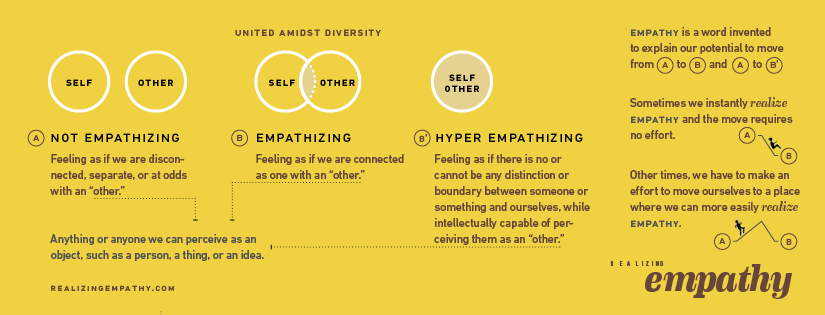At first,
I thought I had to do something huge
for my life
to be worth something.
Until I realized
that doing something huge
would still not be enough
unless I could feel
that it was indeed
worth it.
In other words,
what I was after
was a feeling.
…
Once I realized
that validation
was what I was after,
I noticed I lacked clarity
on whose validation I craved
and why.
…
Once I gained clarity
on whose validation I craved
and why,
it turned out
there were only a handful of people
whose validation
I deeply craved.
So I went to them
one by one
to learn how I can provide them
value,
only to learn
how remarkably simple—
not easy, but simple—
it was
to do so.
It was then
that I realized
that at the end of the day,
the most difficult challenge
wasn’t
earning their validation.
The most difficult challenge
was accepting
that my life can have significant worth
without doing something
huge.
